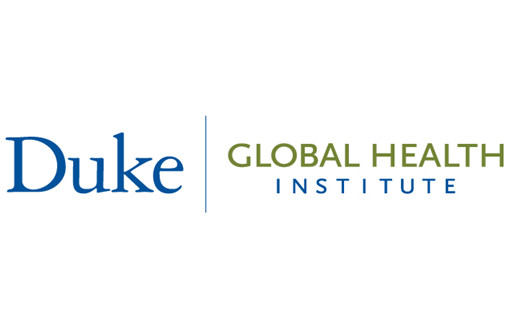Laura Musselwhite, an internal medicine resident in the Hubert-Yeargan Center’s Global Health Pathway, will be the principal investigator for a recently awarded Grand Challenges Explorations (GCE) grant, an initiative of the Bill & Melinda Gates Foundation. The project aims to tackle the early diagnosis of cervical cancer, a leading cause of cancer deaths in women worldwide.
Musselwhite, who is also a National Institutes of Health (NIH) Fogarty Global Health Fellow, will collaborate with investigators from UNC-Chapel Hill and Barretos Cancer Hospital in São Paulo, Brazil, a partner of Duke’s Global Cancer program.
Tool Will Make Cervical Cancer Screening as Easy as a Home Pregnancy Test
To receive funding, Musselwhite and other GCE winners proposed in a two-page online application a bold idea in one of five critical global heath and development topic areas.
Musselwhite and her team will develop and demonstrate a novel cervical cancer self-collection and home-based screening and reporting system that relies on the detection of a cancer-causing protein. The Arbor Vita platform will use simple, inexpensive and reliable nitrocellulose test strips that do not require refrigeration or preservation media, and no electricity is needed to read the test. Women will collect and interpret this urine-based assay in their homes and mobile clinic settings.
Musselwhite anticipates many advantages of this new tool. Its simplicity and low cost renders it well-suited for use in low-resource areas, it provides a clear signal for follow-up, it provides an accurate assessment of women at higher risk of cervical cancer and it is scalable. Additionally, preliminary clinical results suggest that the Arbor Vita test offers specificity and accuracy that is superior to current cervical cancer screening standards in Brazil, which include human papilloma virus (HPV) and cytology testing.
“When we detect cervical cancer early, it is one of the most treatable cancers out there, and yet, hundreds of thousands of women are dying every year largely as a result of not being screened,” explained Musselwhite. “Our goal is to develop a home-based test that is accurate, low-cost and easy for women to use—like a pregnancy test. This proof-of-concept study will be a first step towards making this technology a reality.”
Grand Challenges Explorations Seek Outside-the-Box Problem Solvers
Funded by the Bill & Melinda Gates Foundation, the GCE initiative funds individuals worldwide to explore ideas that can break the mold in how we solve persistent global health and development challenges. Musselwhite’s project is one of more than 40 Grand Challenges Explorations grants announced recently.
Launched in 2008, more than 1,186 projects in more than 61 countries have received GCE grants. The grant program is open to anyone from any discipline and from any organization. Initial grants of $100,000 USD are awarded two times a year, and successful projects have the opportunity to receive a follow-on grant of up to $1 million USD.
The foundation will be accepting applications for the next GCE round in September 2016.
Duke Global Health Institute, Box 90519, Duke University, Durham, NC 27708
Tel: 919-681-7760 Fax: 919-681-7748 www.globalhealth.duke.edu

